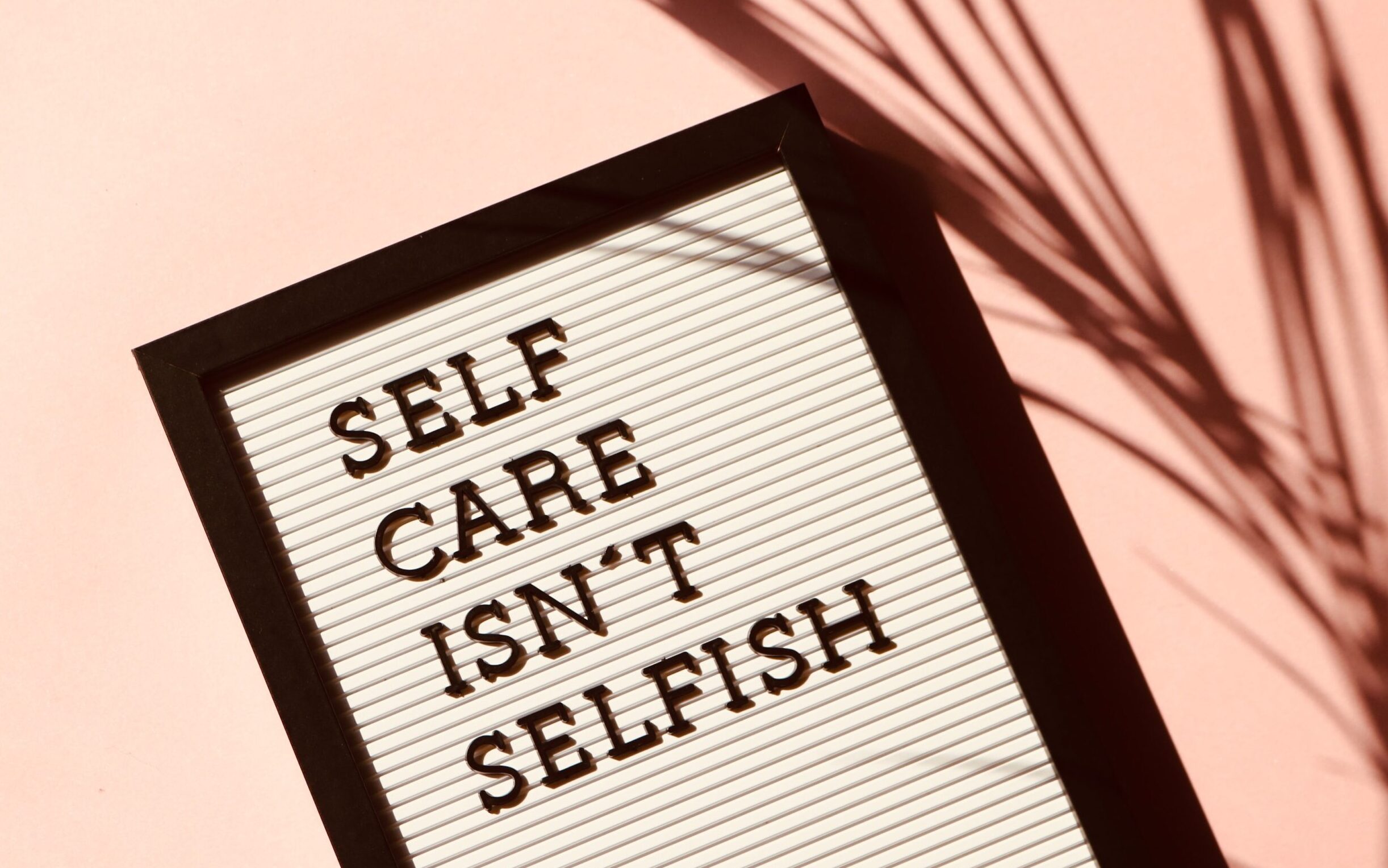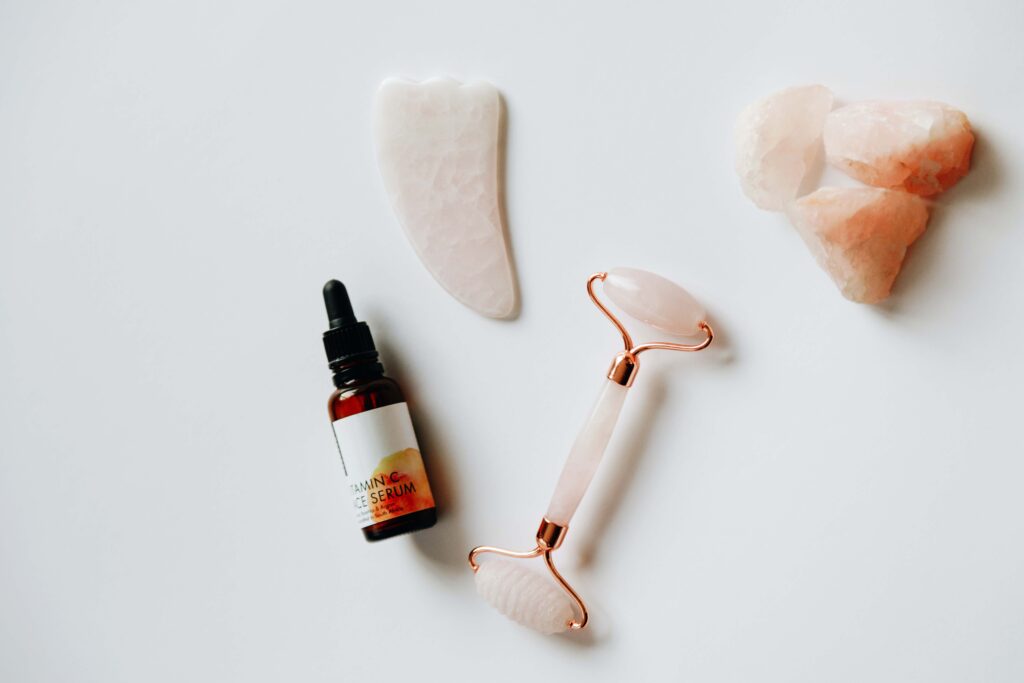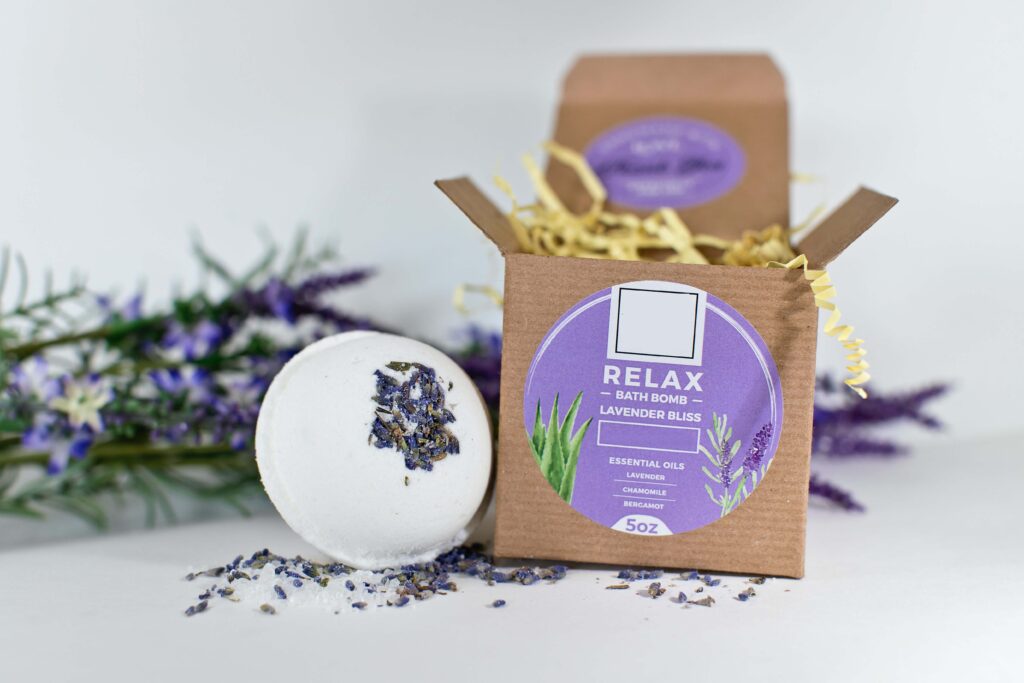Have you ever heard a person ask, “What is Self-care?” and “How do I do it?”

by Stefanie Michaels
Self-care refers to the practices someone engages in on a regular basis to maintain their physical, mental, and emotional well-being. Taking care of one’s body through proper nutrition, exercise, and sleep; handling stress by using relaxation techniques or mindfulness; seeking medical or psychological help; and an emersion in activities that bring happiness.
The goal of self-care is to elevate overall health and well-being, and to prevent exhaustion and negative mental states.
The term “self-care” has been used in various forms for centuries, and roots can be traced back to the 1960s and 70s, when it was used predominately, in the world of psychology and psychiatry. Recently the term has gained more extensive usage.

Self-care is important for maintaining physical and mental well-being.
Here are a few things you can do to practice self-care:
- Get enough sleep: Aim for 7-9 hours of sleep per night. Use apps like Calm or Headspace can help with relaxation. Try this an hour before heading to bed.
- Eat a healthy diet: Eating a diet that includes fruits, vegetables, and whole grains can help you feel better physically and mentally. Try opting for apples over chips for snacks, and look for protein bars like ONE bars with low sugar but are a healthy alternative to those with high-fructose.
- Exercise regularly: Regular physical activity can improve your mood and reduce stress. Sign up for a yoga class online or apps that teach activities like dance routines or hiphop.
- Take breaks: Make sure to take breaks throughout the day to rest and recharge. It also helps to step away from work every 20 minutes. Grab a glass of water, or use the restroom, just getting up and moving around helps our bodies function.
- Connect with others: Spending time with friends and loved ones can help you feel more connected and supported. Plan a spa day together, the perfect way to connect and relax at the same time.
- Engage in activities you enjoy: Make time for hobbies, such as gardening, hiking or yoga. Expand interests like art or taking a music lesson, and leisure activities like bike riding or reading a book— things that bring you joy.
Practicing self-care can helps improve overall physical and mental health, reduce stress, improve your mood and energy levels, and helps one be productive in life.

Did you know?
It’s not just about treating yourself to a spa day or a bubble bath. Self-care is about meeting your basic physical, emotional, and mental needs daily so that you can function at your best.
Self-care is not a one-time event or a luxury; it’s an ongoing practice that requires daily attention to ensure optimal well-being. This can include getting enough sleep, eating a balanced and nutritious diet, exercising regularly, practicing stress management techniques, and nurturing supportive relationships.
Self-care is also a more than one-size-fits-all approach. What works for one person may not work for another, so finding the self-care practices that work best for you and making them a regular part of your routine is essential.
A little history:
Self-care has a long and varied history that can be traced back to ancient civilizations such as the Greeks, Egyptians, and Romans. In these societies, individuals engaged in bathing, massage, and exercise practices to maintain their physical and mental health.
During the Renaissance era, self-care practices became more formalized with medical schools’ rise and medical texts’ development. Physicians began prescribing specific self-care regimens for their patients, including diet, exercise, and hygiene advice.

In the 1800s and early 20th century, the concept of self-care continued to evolve with the advent of various health movements, such as the physical culture movement and the natural hygiene movement. These movements emphasized the importance of preventative care and promoted regular exercise, fresh air, and a vegetarian diet.
In the mid-20th century, the practice became more closely associated with the nursing field as nurses began emphasizing patient education and empowerment. It also has become an essential aspect of healthcare. Many healthcare professionals emphasize the importance of these practices such as stress management, sleep hygiene, and healthy eating habits.


